In “You Can’t Fire the Bad Ones“: And 18 Other Myths about Teachers, educators Bill Ayers, Crystal Laura and Rick Ayers flip the script on many enduring and popular myths about teachers, teachers’ unions, and education that permeate our culture. By unpacking these myths, the authors aim to challenge readers to rethink their assumptions about teachers. Praxis Center shares an excerpt from Myth 16: Teachers Are Unable to Deal Adequately with the Disciplinary Challenges Posed By Today’s Youth, and We Need More Police in Our Public School Buildings to Do the Job and Maintain Law and Order.


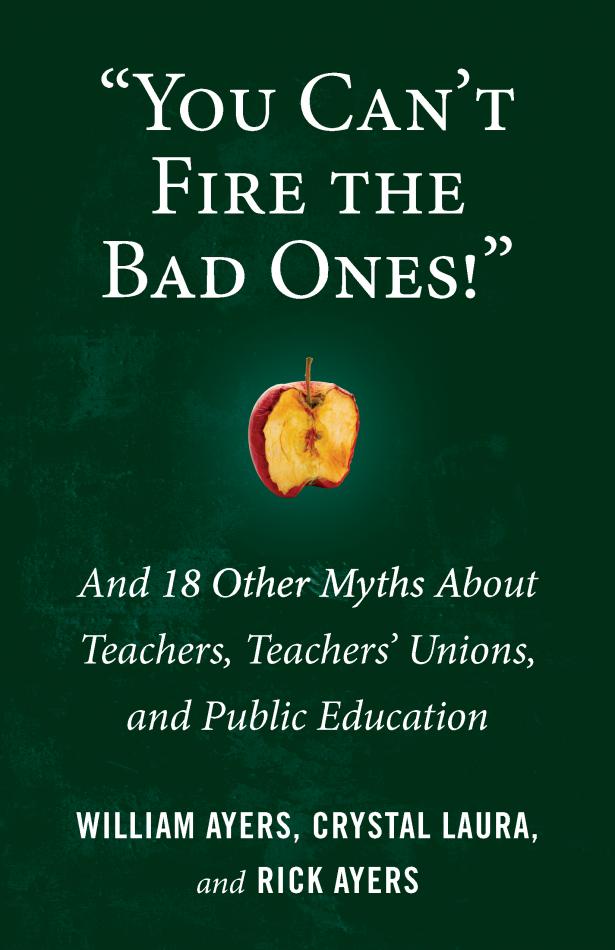

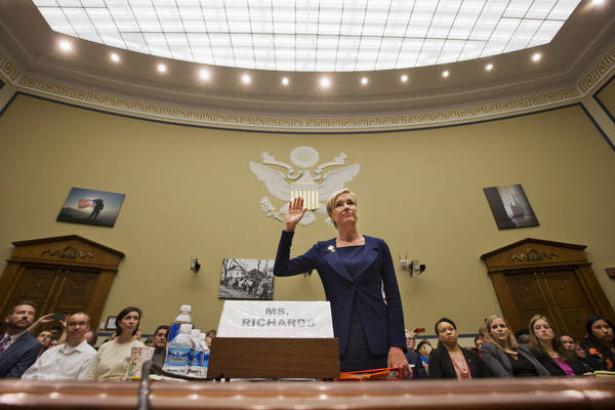
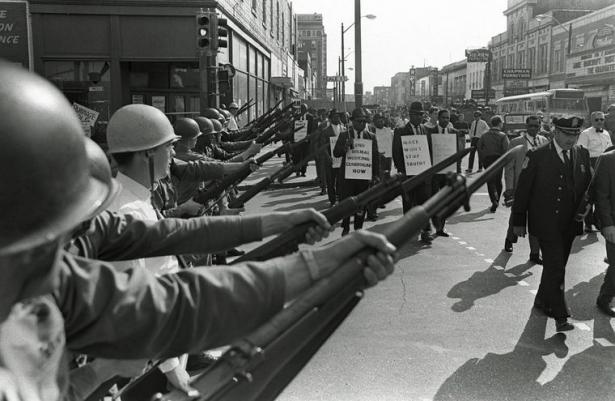
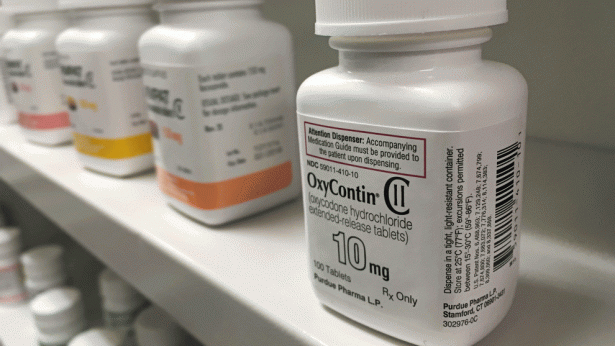
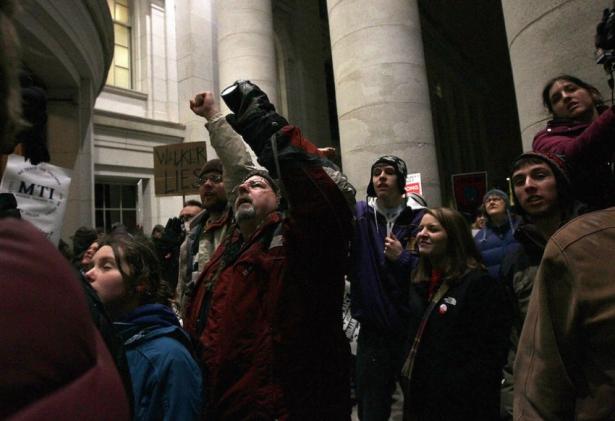
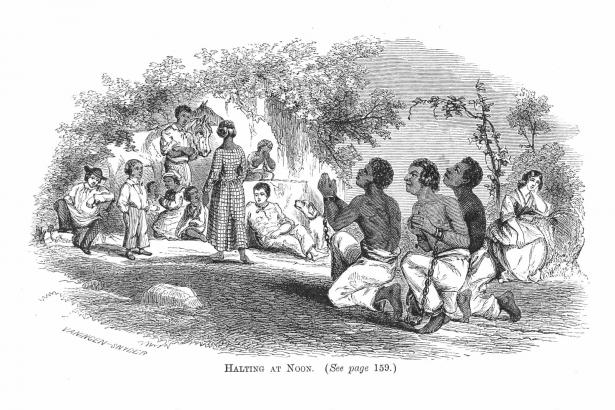
Spread the word